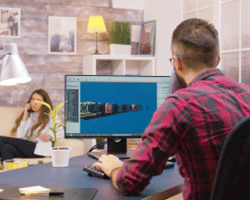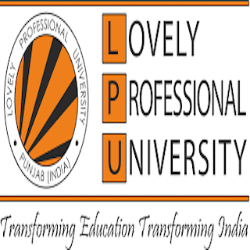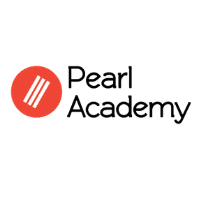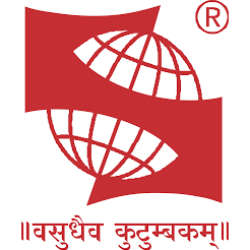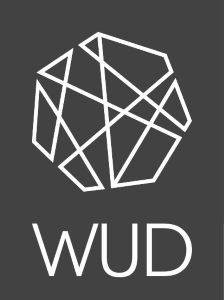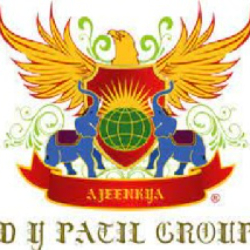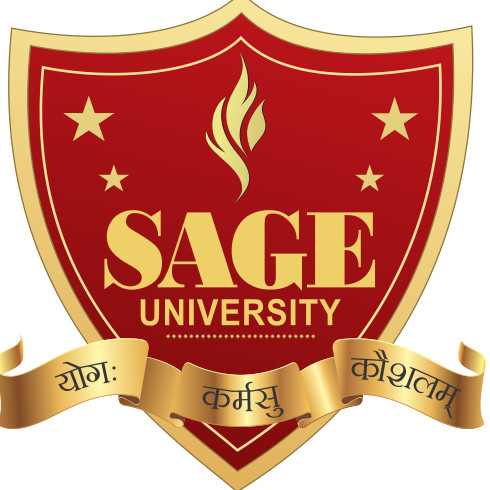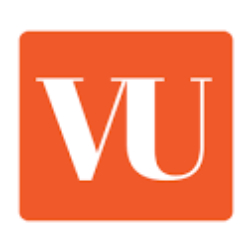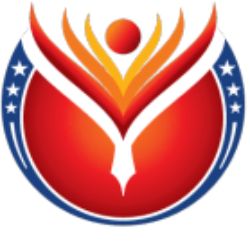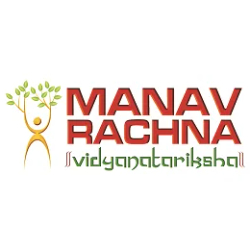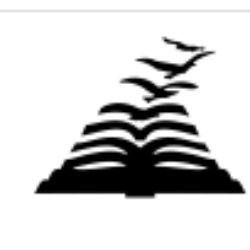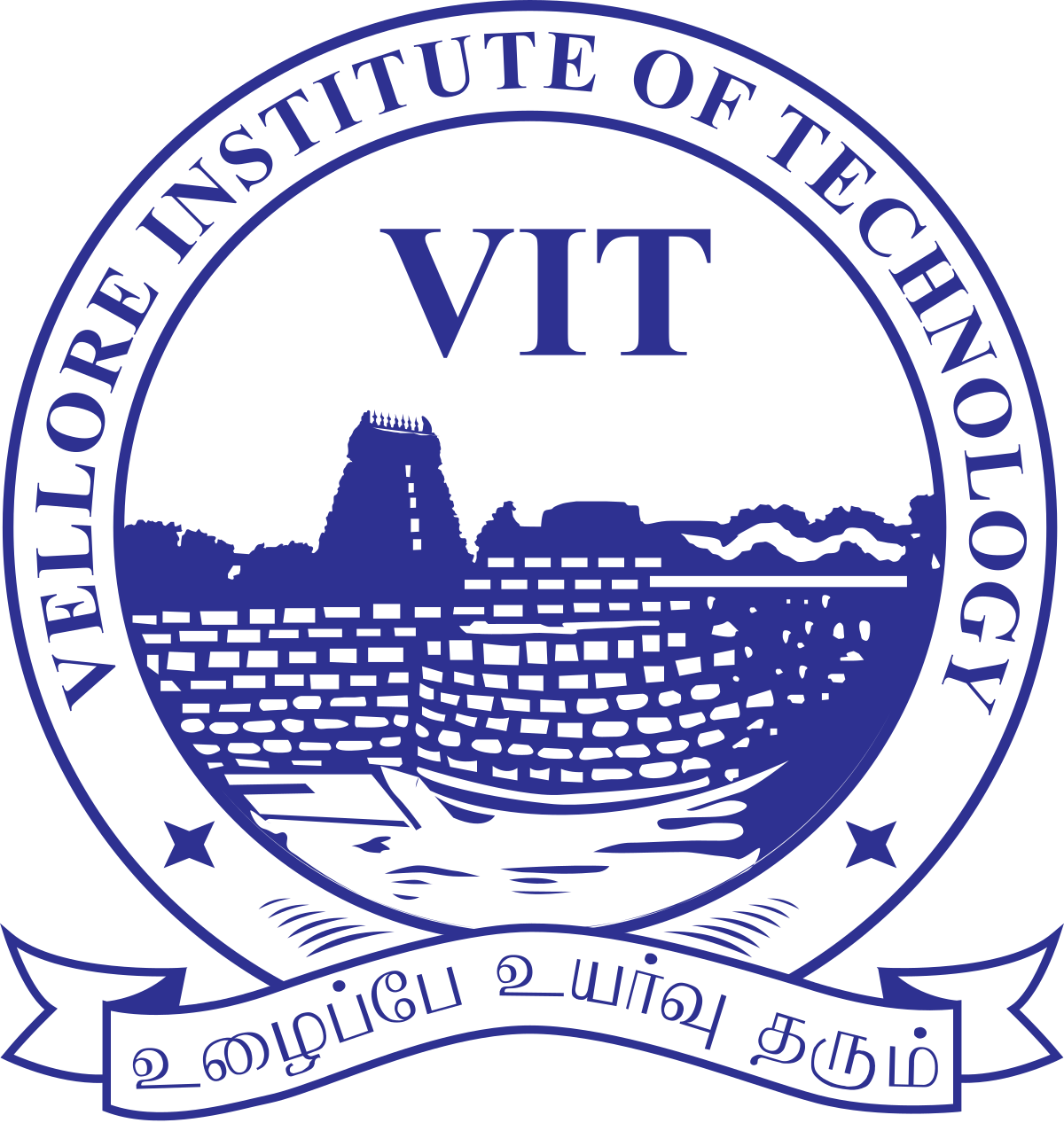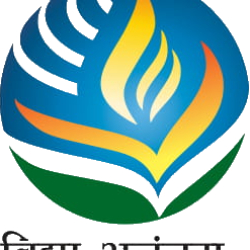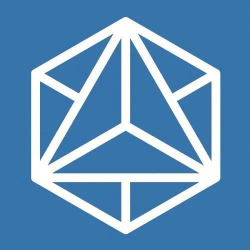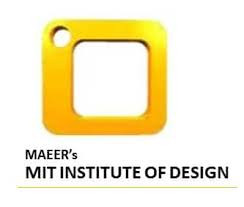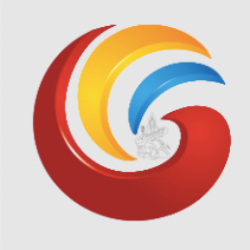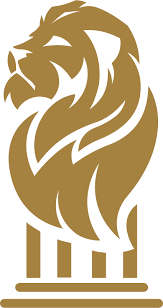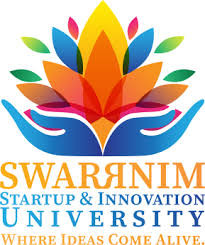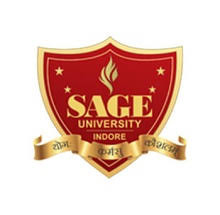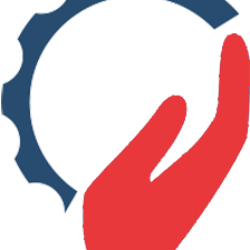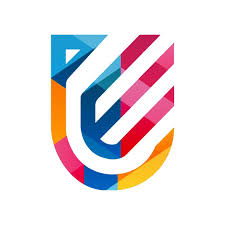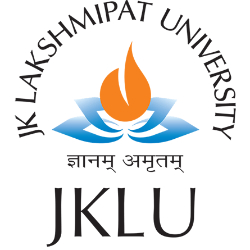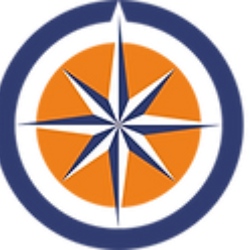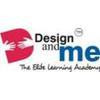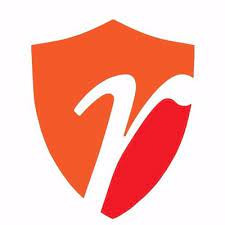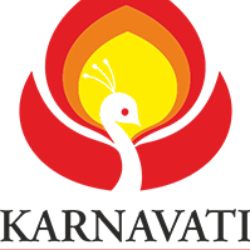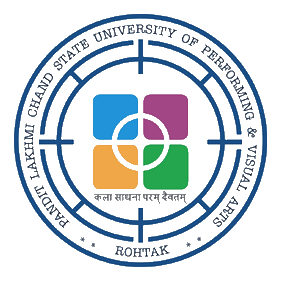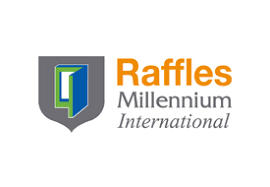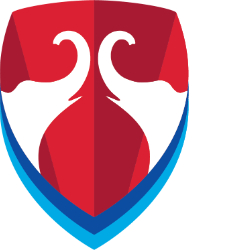Highlights: -
|
Degree Name |
Bachelor of Design |
|
Level |
Undergraduate |
|
Duration of the course |
4 years |
|
Eligibility |
Minimum 50% in 10+2. |
|
Education mode |
Full-time, Distance. |
|
Admission Process |
Merit as well as Entrance Exams |
|
Entrance Exams |
NIFT, CEED, SMEAT, UCEED, CEE, NID DAT, SEED, UID DAT, AIEED, SMEAT, UPES DAT. |
|
Fees of the course |
Rs 10,000 - Rs 10.00 Lakhs |
Eligibility Criteria: -
- Candidates must have cleared the class 12th in any stream or its equivalent from a recognised board.
- Candidates must have secured an aggregate score of 45%- 55% in the qualifying exam.
- Candidates may have to clear the Entrance Exam.
Syllabus for B.Des in Industrial / Product Design: -
The B.Des in Industrial / Product Design syllabus will vary from college to college, but the course aims and subjects shall remain the same; the subject distribution over the syllabus may differ, but the study matter remains consistent. Nevertheless, candidates should check the official website to know the complete syllabus. Here is a general guide to B.Des in Industrial / Product Design syllabus design, as commonly followed by Indian colleges:
|
Semester 1 |
Semester 2 |
|
Introduction to Design
|
Product Design Studio - I
|
|
Materials and Processes
|
CAD and Digital Tools
|
|
Design Studio - I
|
Manufacturing Technologies
|
|
Contextual Studies
|
Ergonomics and Human Factors
|
|
Mathematics for Design
|
Professional Practices
|
|
Semester 3 |
Semester 4 |
|
Design Research and Methodology
|
Advanced Product Design Studio - II
|
|
Material Innovation
|
User Experience Design (UXD)
|
|
Design for Sustainability
|
Design Management
|
|
Elective Course - I
|
Industry Internship
|
|
Semester 5 |
Semester 6 |
|
Advanced CAD/CAM
|
Design Thesis Proposal
|
|
Design Elective - II
|
Design Thesis - I
|
|
Professional Portfolio Development
|
Entrepreneurship in Design
|
|
Semester 7 |
Semester 8 |
|
Design Thesis - II
|
Final Presentation and Exhibition
|
|
Industry Collaboration Project
|
Design Portfolio
|
|
Elective Course - III
|
Professional Practice and Ethics
|
|
- |
Career Development
|
Further studies after B.Des in Industial / Product Design:-
- M.Des in Industrial / Product Design
- M.Sc in Industrial / Product Design
- Certificate Courses: Advanced CAD/CAM for Product Design, ,User Experience (UX) Design, Prototyping and Rapid Manufacturing, Design for Sustainability, Design Management, and Materials Innovation and Application.

Employment after B.Des in Industrial / Product Design:-
|
Job Profiles |
Average Salary (LPA) |
|
Product Designer |
Rs 3.00 - Rs 15.00 LPA |
|
Industrial Designer |
Rs 3.00 - Rs 15.00 LPA |
|
UX (User Experience) Designer: |
Rs 4.00 - Rs 20.00 LPA |
|
CAD/CAM Designer: |
Rs 3.00 - Rs 15.00 LPA |
|
Design Researcher: |
Rs 3.00 - RS 12.00 LPA |
|
Design Manager: |
Rs 5.00 - Rs 20.00 LPA |
FAQs
- What is B.Des in Industrial / Product Design?
B.Des in Industrial and Product Design is an undergraduate degree program that focuses on training students in the principles and practices of designing industrial products. It integrates design thinking, aesthetics, functionality, and usability to create innovative products across various industries.
- What are the eligibility criteria for B.Des in Industrial / Product Design?
Eligibility criteria generally include completing 10+2 or equivalent examinations from a recognised board. Some institutes may require candidates to clear an entrance examination that assesses aptitude for design and creativity.
- What subjects are covered in B.Des in Industrial / Product Design?
The curriculum typically covers design fundamentals, materials and manufacturing processes, CAD software training, ergonomics, user-centred design, design management, sustainability in design, and industry-specific projects.
- Is there scope for specialisation during the B.Des program?
Yes, students often have opportunities to specialise through elective courses, industry internships, and design projects. Specialisations may include automotive design, furniture design, medical product design, etc., based on individual interests and career goals.
- Are there internship opportunities as part of the B.Des program?
Yes, most B.Des programs include mandatory industry internships where students gain practical experience in design firms, manufacturing companies, or other relevant industries.
Other specialisation in B.Des: -
B.Des in Interior Design, B.Des in Fashion Design, B.Des in Textile Design, B.Des in Automobile Design, B.Des in UI/UX Design, B.Des in Web Design, B.Des in Apparel Design, B.Des in Jewellery Design.

